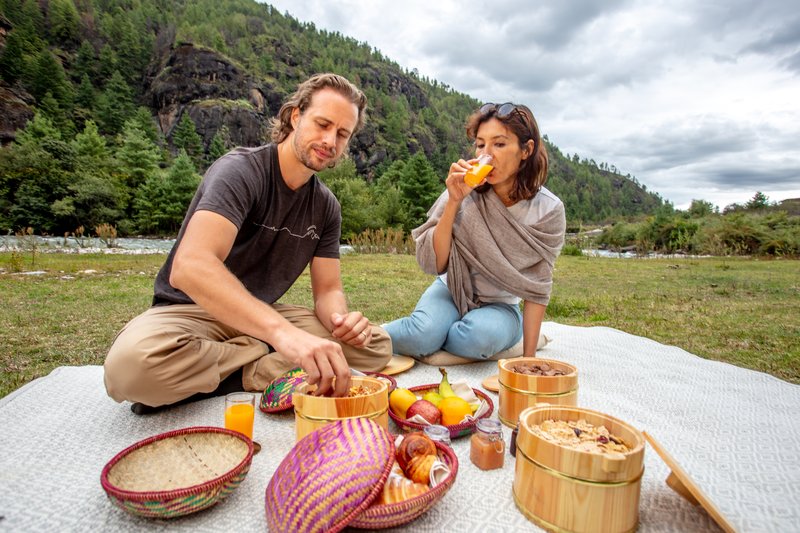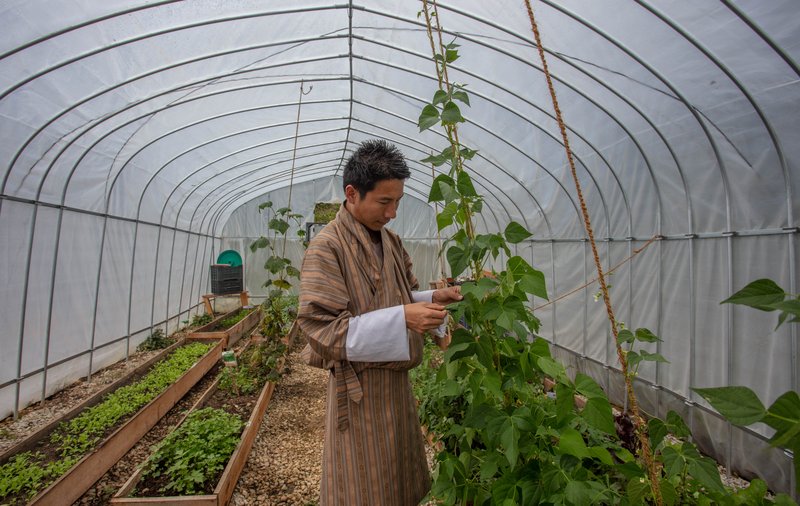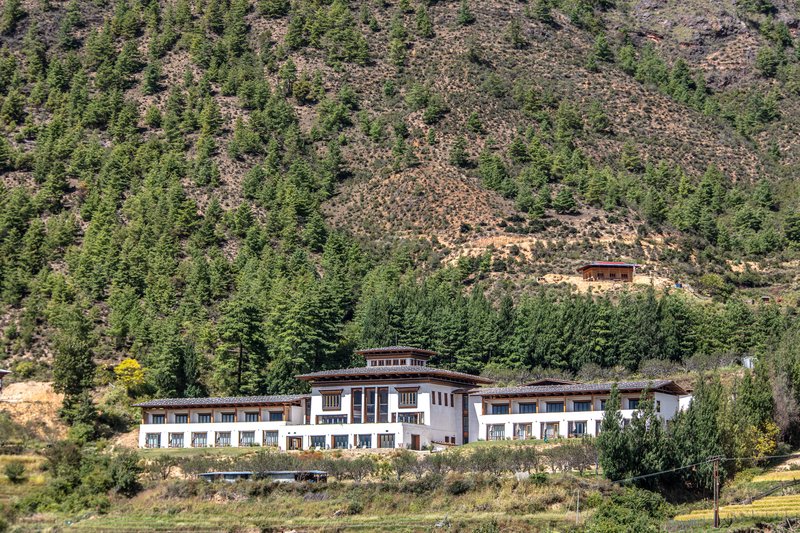Things to do
LANDMARKS
While there are around 150 temples and monasteries in the region, Paro is synonymous with one in particular: Taktsang Dzong, or ‘Tiger’s Nest’. Set aside a day to hike through forest to this magical place. Paro Dzong, one of the largest Buddhist monasteries in Paro, is also worth a visit, as is the eerie Drugyel Dzong, once a fortress and now a ruin.
CULTURE
Get a glimpse of Bhutan’s history, religion, crafts and customs at the National Museum of Bhutan, itself a curious 17th-century watchtower. Learn more about the national sport, archery, at one of the sports grounds in Paro – you can even hone your target practice with a few lessons. There are also lively food markets at the weekend, perfect for getting a flavour for regional specialities like yak cheese and khoo (a little like jerky).
NATURE
Paro’s eastern Himalayan landscape makes for seriously high-altitude beauty. Its deep valleys, remote forests and rugged mountains make for a stunning backdrop to day hikes or longer treks. Ask your guide about the wildlife and birds you should keep an eye out for. After all, Bhutan is particularly famous for its migratory birds, like the Imperial Heron and the Black-Necked Crane.
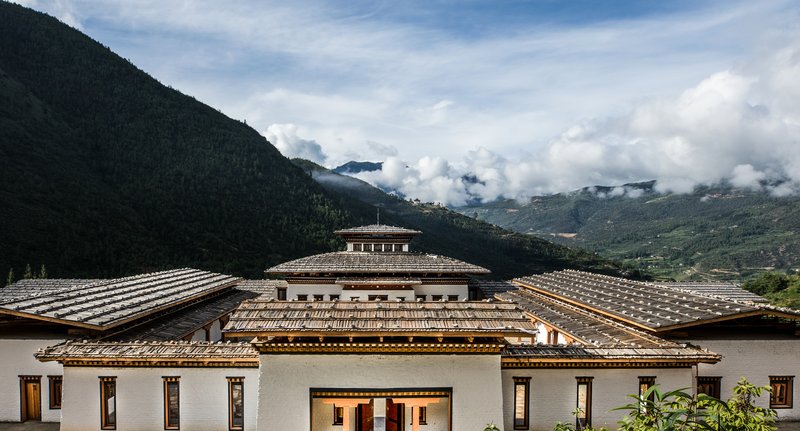
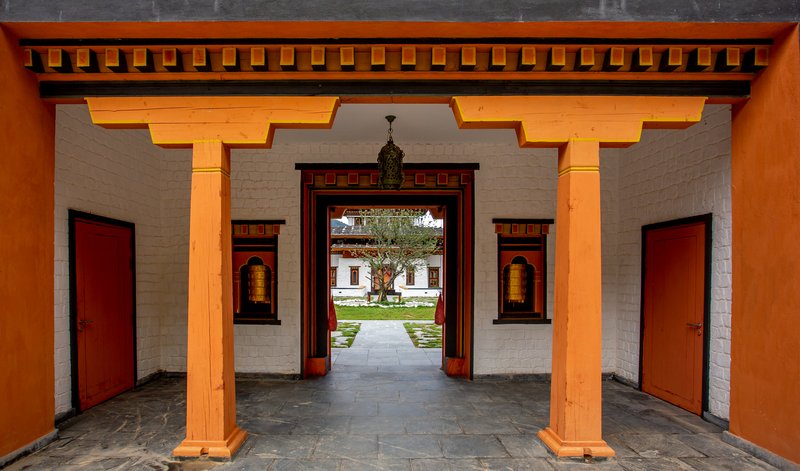
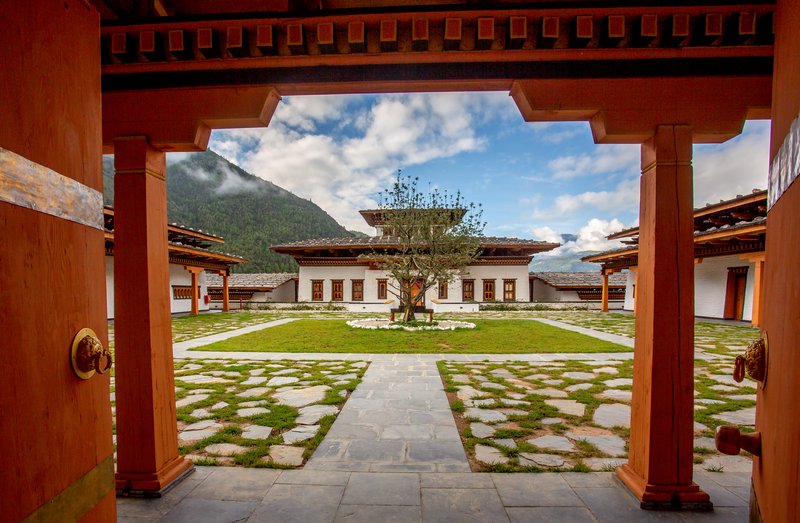
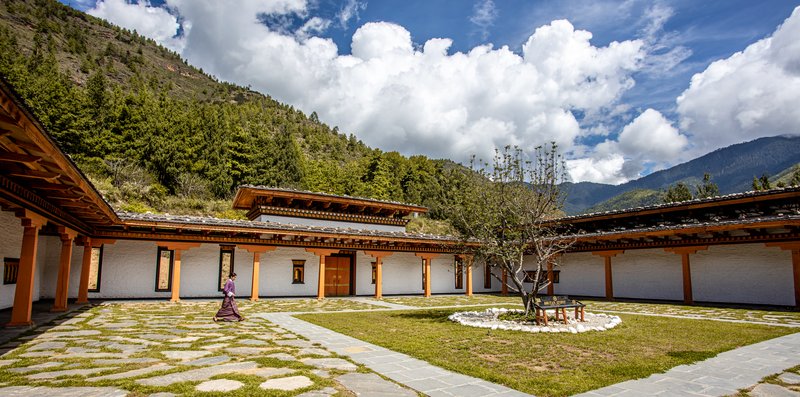
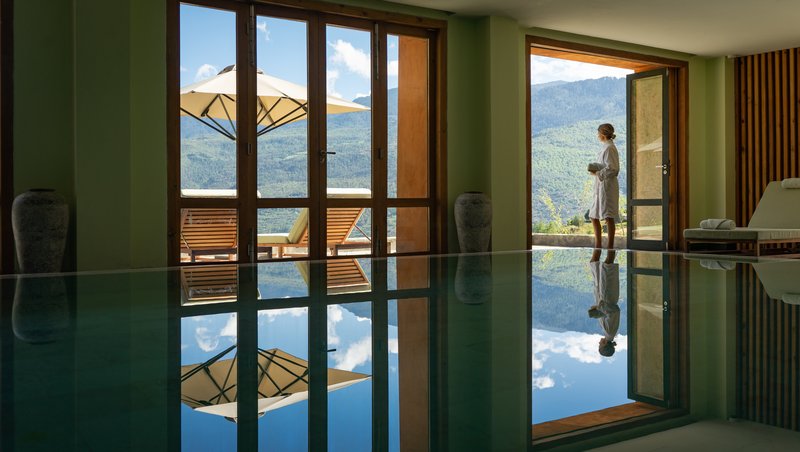
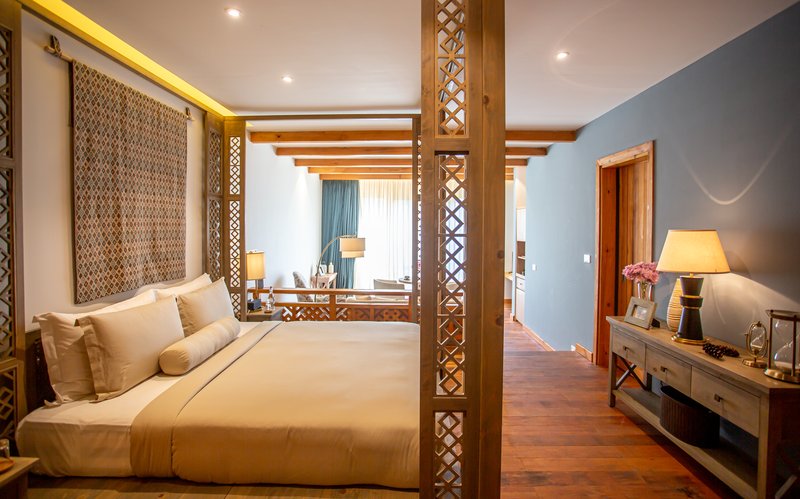
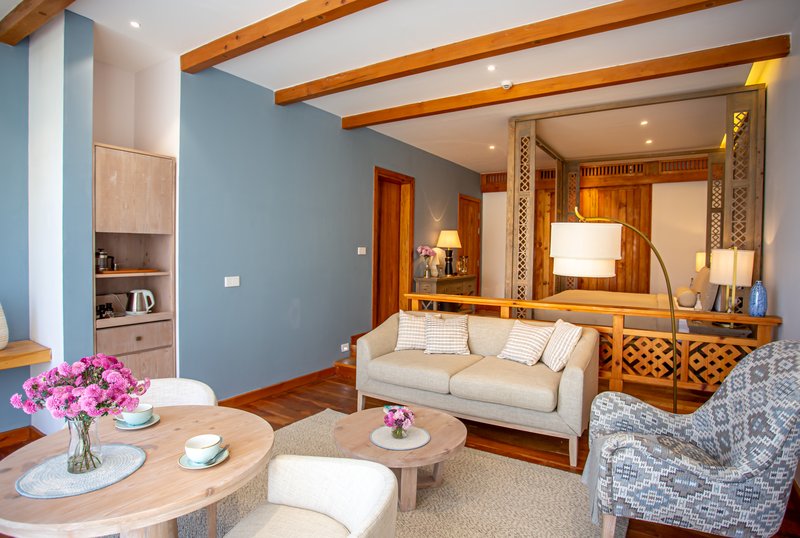
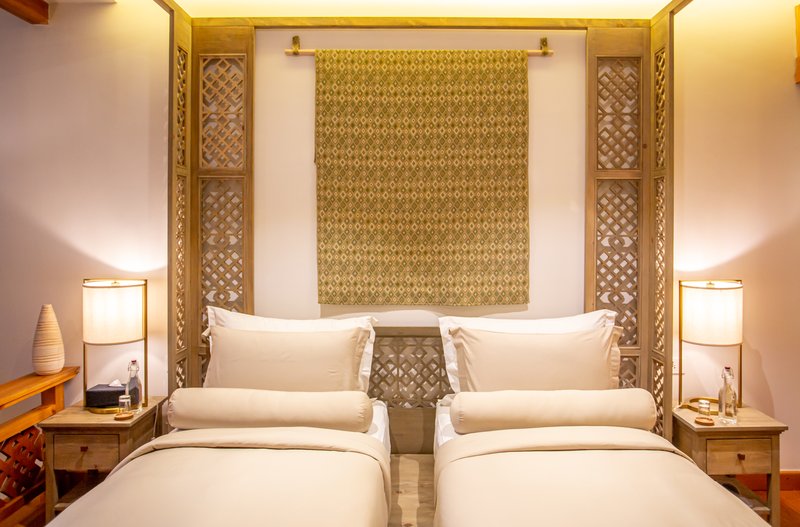
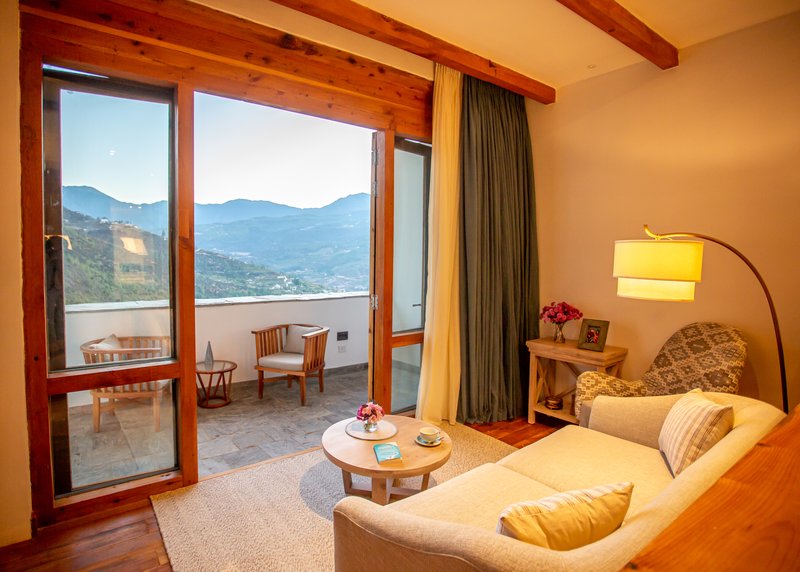
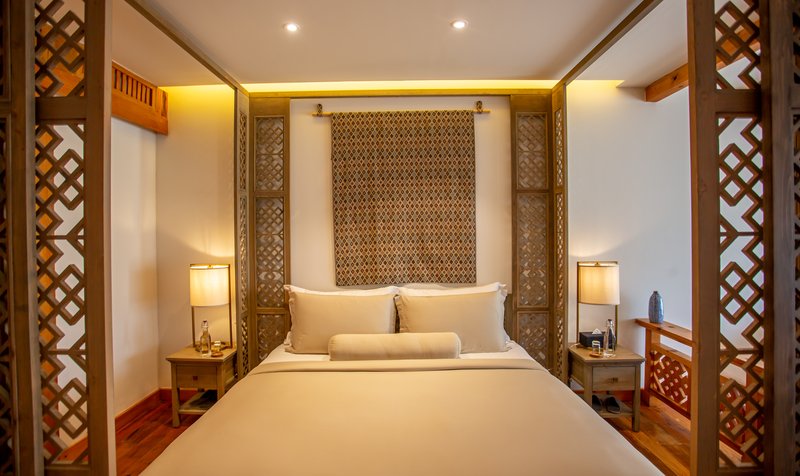
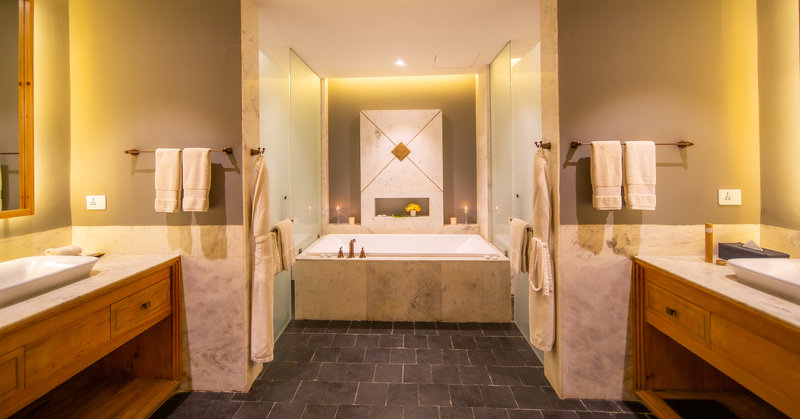
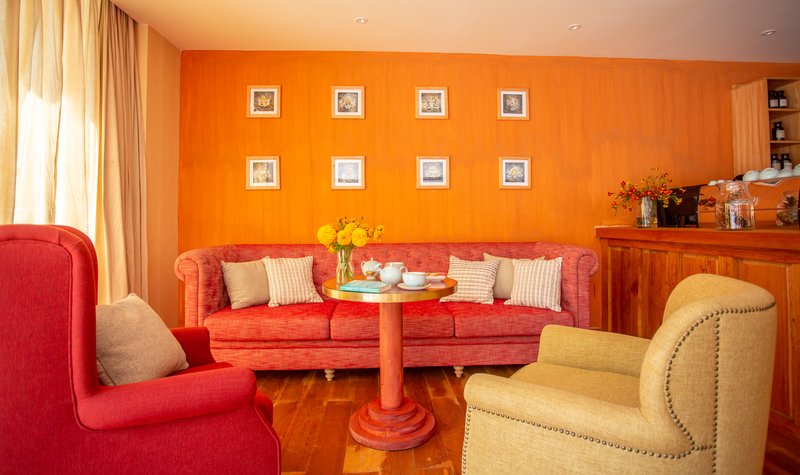
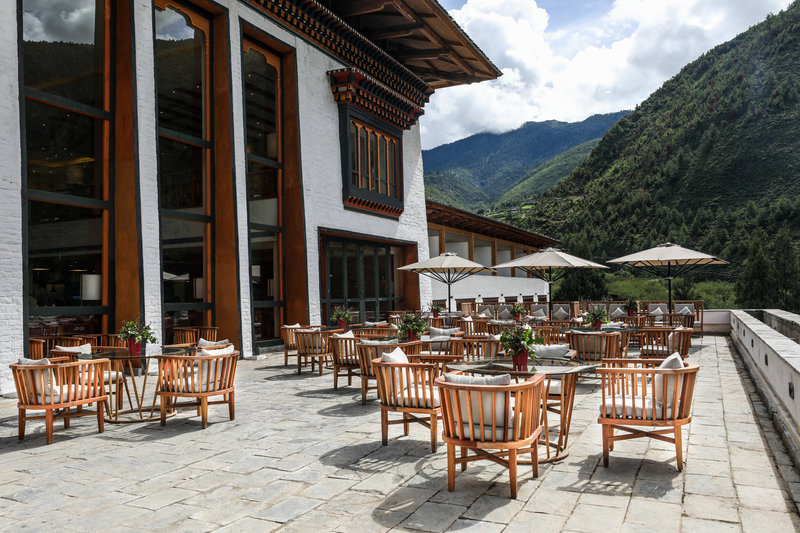
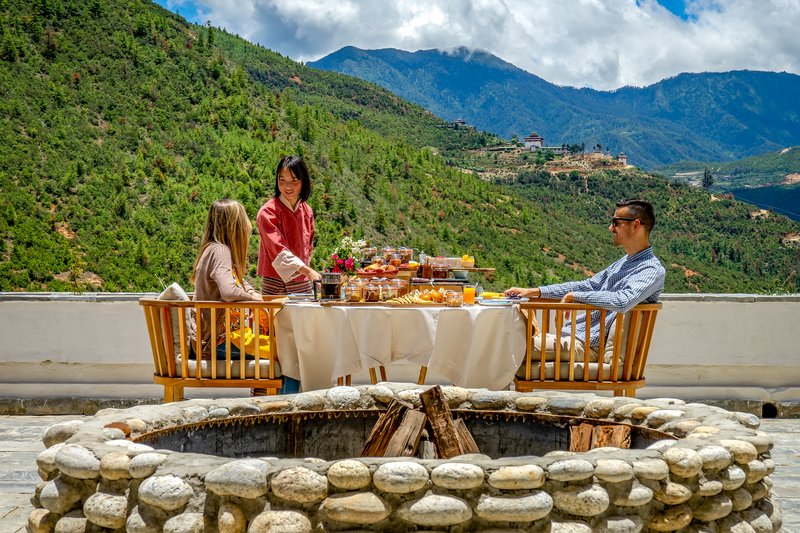

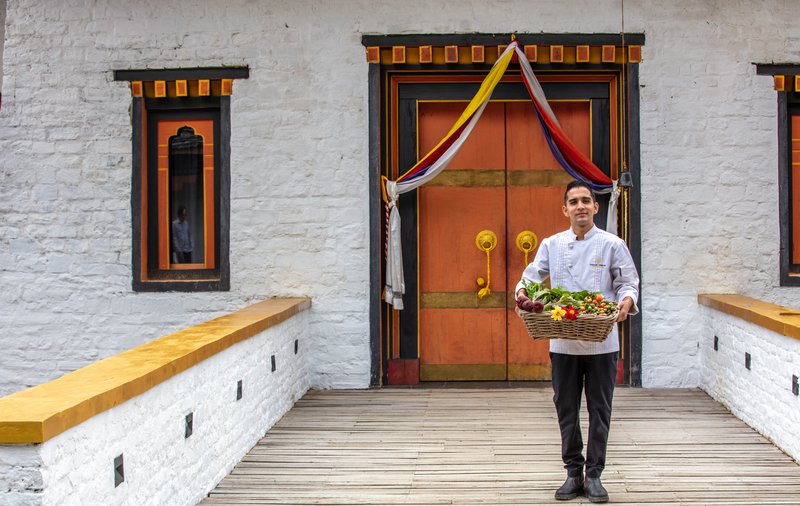
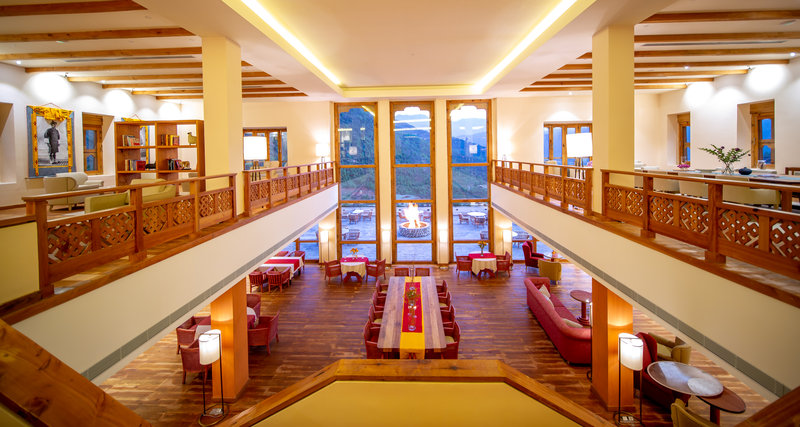
_(1)_P.jpg)


